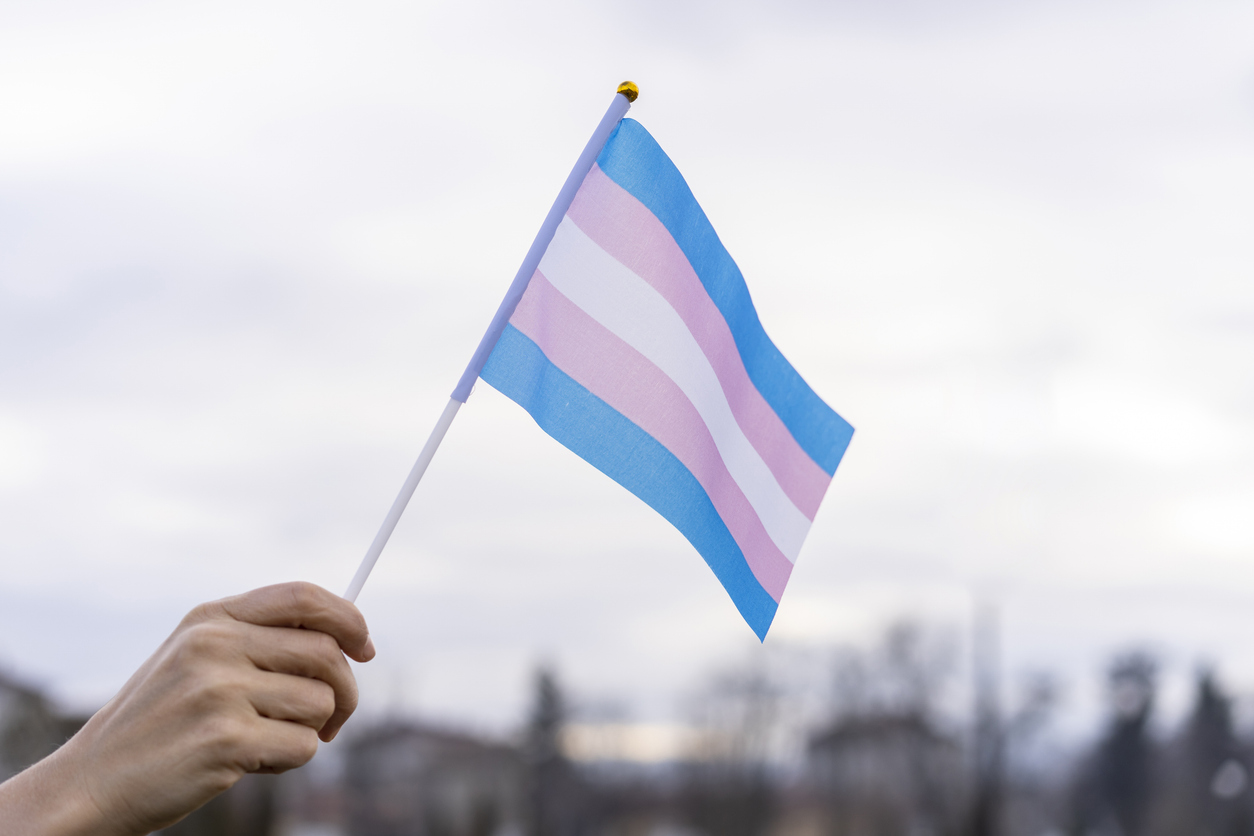Beyond Awareness: How We Can Support and Empower Trans Youth Every Day
Trigger Warning: This article includes discussions about mental health risks, including suicide and depression, among LGBTQ+ youth.
As we enter Transgender Awareness Week, it’s essential to move beyond just acknowledging trans youth’s existence. We must take action. Transgender and nonbinary youth face a unique set of challenges, and the world is shifting rapidly around them. In a climate where policies and attitudes toward transgender rights are changing, it’s easy to feel overwhelmed, but we can be a part of positive change. So, what can we do about it? First and foremost: love—unconditionally. But that’s not enough. We need also to be intentional about providing support and representation. It’s time to turn awareness into meaningful action. Let’s talk about how we can all step up and help create a better world for trans youth.
To understand the urgency of this work, consider this: 42% of LGBTQ+ youth and over half of transgender and nonbinary youth have seriously considered suicide in the past year (The Trevor Project, 2023). These statistics are heartbreaking, but the good news is that we can work to change them together. Family support and access to inclusive resources make a world of difference. In fact, transgender youth with family support are 52% less likely to experience depression and 63% less likely to attempt suicide (Family Acceptance Project, 2019).
All of Us: Why Unconditional Support Matters
Transgender youth are navigating the complexities of their identity at a time when they are already vulnerable. It’s no surprise that higher rates of anxiety, depression, and suicidality are common. But here’s where we come in: unconditional, supportive care is transformative. When trans youth are met with acceptance, they’re more likely to experience improved mental health, gender euphoria, resilience, and a sense of empowerment.
Affirming care isn’t just about preventing harm. It’s about fostering gender euphoria—the peace and joy that come from living authentically. It’s not just about survival; it’s about thriving, feeling empowered, and knowing you belong here just like everyone else.
What Families Can Do: Simple Yet Powerful Actions
As parents and family members, you are often the first line of defense for trans youth. You don’t need to be experts—they are the experts on themselves—you just need to be willing to learn, listen, and love. Here are some ways to create a supportive, affirming environment:
- Use Preferred Name and Pronouns: This may seem simple, but it can significantly reduce feelings of anxiety, depression, and suicidality. It’s a small act with a huge impact.
- Normalize Sharing Pronouns: When you share your pronouns, you create a safer, more accepting environment. This opens the door for youth to share theirs without fear of judgment or rejection.
- Educate Yourself: Understanding gender identity is crucial. Books and guides like The Gender Unicorn and Gender Identity Guide for Parents offer invaluable insights. Having these resources around your home gives you the tools to support your child and shows that you are actively committed to allyship and ongoing learning. Recommended Books & Resources:
- Listen to Trans and LGBTQ+ Voices: One of the most powerful ways to learn is to listen to those who’ve lived it. By hearing from trans and LGBTQ+ individuals, you not only understand your child better but also show them that their experiences are valued.
What Mental Health Providers Can Do
As mental health professionals, we play a critical role in creating an environment where trans youth feel safe and supported. Here’s how we can help:
- Educate Families: Sharing research about the mental health benefits of gender-affirming care can help parents understand how their support can reduce risks like depression and suicidality.
- Model Inclusivity: When we use our preferred name and pronouns, we encourage families to do the same. We normalize inclusivity and create a safer space for everyone.
- Encourage Action: Help families practice affirming language, navigate difficult conversations, and advocate for their child’s needs—whether at school, with friends, or in the community.
- Connect Families to Resources: Linking families to organizations like PFLAG or the Human Rights Campaign ensures they have the tools and support needed to provide meaningful care to their child.
The Ripple Effect of Unconditional and Affirming Support
Unconditional and affirming support does more than reduce mental health risks; it creates the foundation for respect, empowerment, and growth. Trans youth who receive this kind of support don’t just feel safe—they feel seen. They feel heard. They are more likely to find joy in their identities and a sense of community that is crucial to their mental well-being and quality of life.
So, as we approach Transgender Awareness Week, let’s reflect on what action we can take. Whether you’re a parent, mental health provider, or friend, consider what it means to create a space where trans youth feel safe, valued, celebrated, and empowered.
We don’t just need awareness—we need action. And through small, meaningful steps, we can create a world where trans youth have the chance to live authentically and thrive.
Georgetown Psychology is a gender-affirming practice dedicated to the mental well-being of transgender youth, families, and allies. Our therapists are here to support you.
Citations:
- Family Acceptance Project. (2019).
- The Trevor Project. (2023). National Survey on LGBTQ Youth Mental Health.






